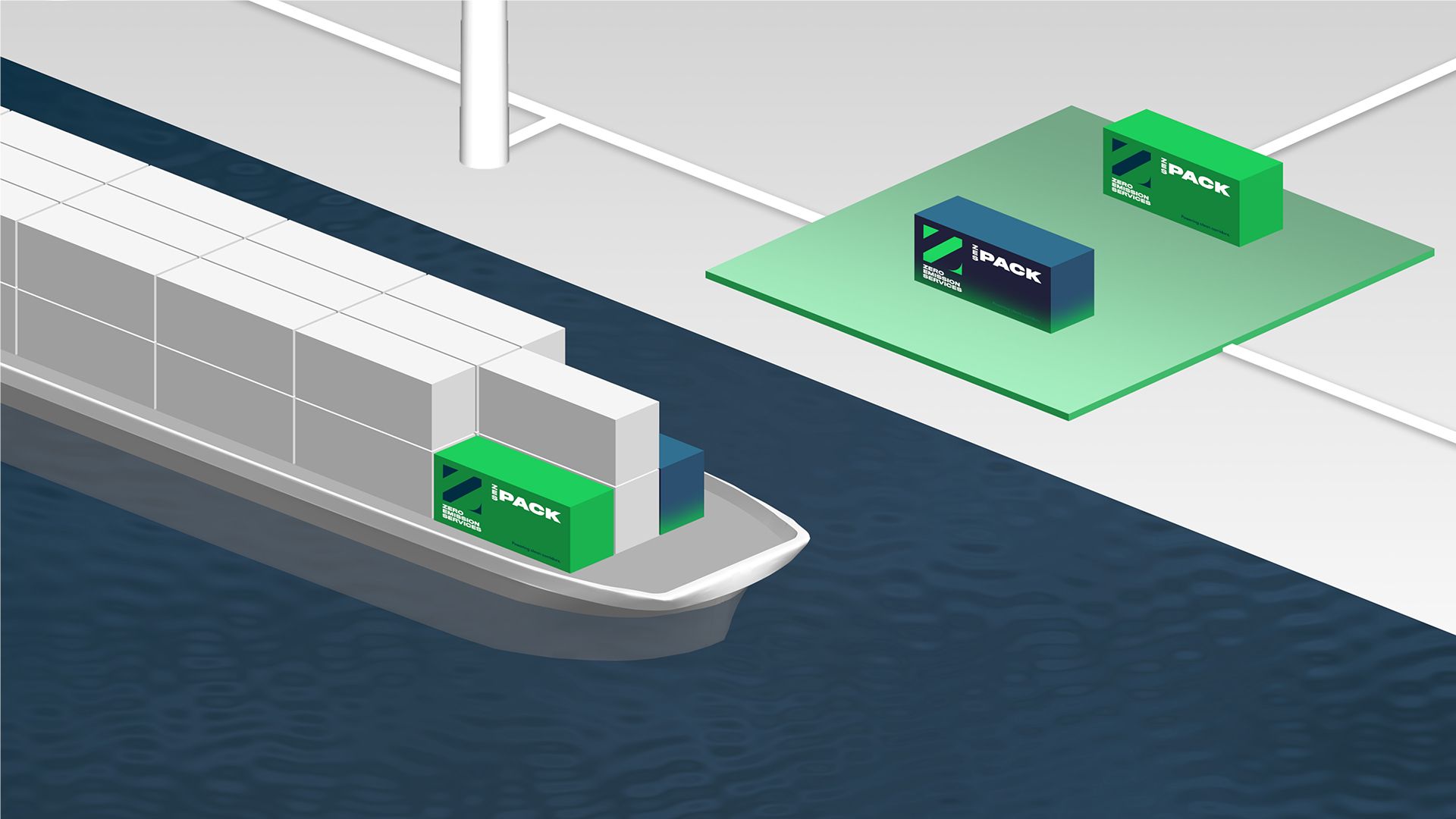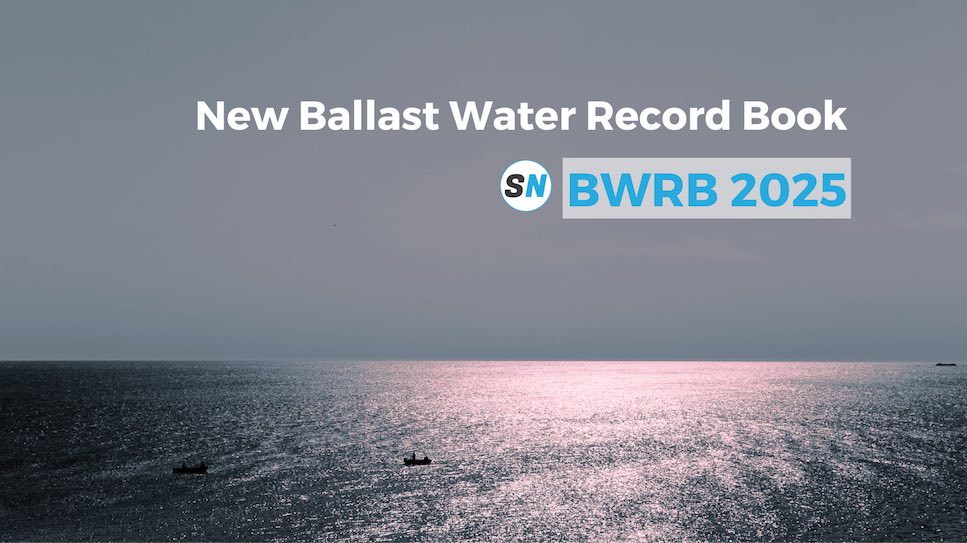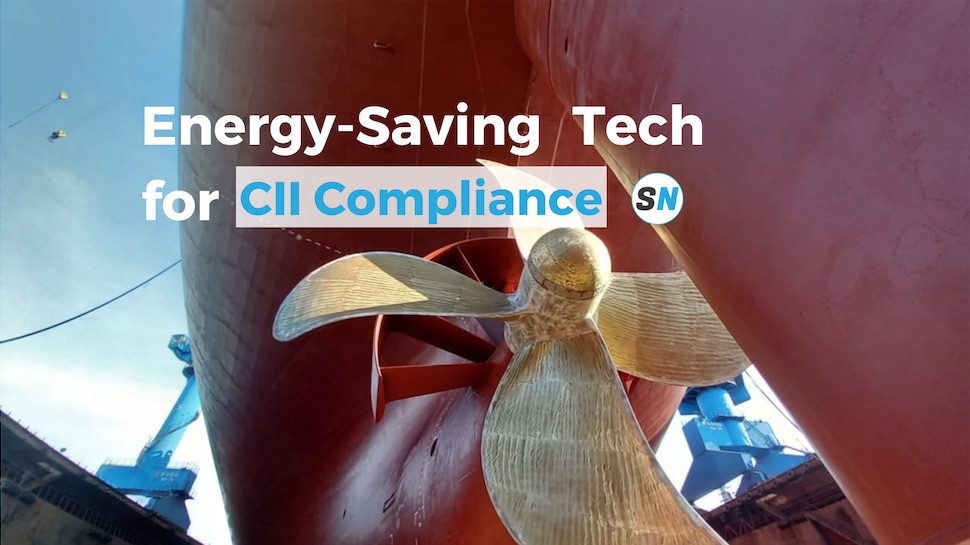28 November 2024
An Innovative Battery System Will Enable Inland Waterway Vessels to Operate with Zero Emissions

The technology group Wärtsilä has developed and delivered a mobile battery container solution that will enable inland waterway vessels to operate with zero emissions. The first order, comprising three units, was placed by ZES (Zero Emission Services) BV, a Netherlands-based company founded in 2020 by ING Bank, energy and technical service provider Engie, the Port of Rotterdam, and Wärtsilä. The order was placed and two containers were delivered in June 2021.
The battery containers are installed on a 104 TEU inland waterway container vessel, which has been modified to allow two units to be mounted onboard. The system enables the vessel to operate on full-electric power alone, with no carbon emissions being generated. The energy capacity is equivalent to that of approximately 36 electric passenger cars. When discharged, the containers can be exchanged and charged onshore using energy from renewable sources. This replaceability is unique since battery containers have thus far been stationary installations.
“Within the Dutch transport sector, inland navigation accounts for five percent of the CO2 emissions. By switching from diesel-fuelled to electric propulsion, an important step can be taken towards realizing the Paris Climate Agreement targets. Ships participating in the ZES service will eliminate around 1000 tonnes of CO2 and 7 tonnes of NOx per year,” says Willem Dedden, CEO of ZES.
“Wärtsilä is committed to supporting all efforts towards the decarbonisation of shipping. This initiative is part of that commitment. We have leveraged our in-house know-how in maritime battery and hybrid systems, our shore power and remote connection capabilities, as well as our extensive experience in serving inland waterway applications for the development of this product,” says Torsten Büssow, Director, Electrical & Power Management System, Wärtsilä Marine Power.
The Wärtsilä swappable battery container is fully equipped with safety systems, including an onboard fire protection skid. It is connected for remote monitoring. The operational and certification trials were carried out commencing at the end of August 2021.
The concept, which is supported by the Dutch Ministry of Infrastructure and Water Management, is based on a network of open access charging points. Here, depleted battery containers can be exchanged for fully charged replacements. A ‘pay-per-use’ model has been set up whereby ZES charges only for the cost of consumed renewable energy. This allows the vessel’s operating costs to remain competitive.
This first vessel fitted with the Wärtsilä battery containers, the ‘Alphenaar’ commenced operations along the Zoeterwoude – Alpherium – Moerdijk corridor in the Netherlands on September 6. 2021. The vessel transports beer for HEINEKEN, who is the first customer for the service.
Source: Wärtsilä


